
- September 17, 2023
- Dennis Frank
- 6
Table of Contents
The Transformative Power of AI in Industries: Benefits and Risks
Artificial Intelligence (AI) has emerged as a powerful force that is reshaping industries across the globe. By leveraging advanced algorithms and machine learning capabilities, AI is helping businesses streamline operations, deliver personalized experiences, and unlock new possibilities. However, with great power comes great responsibility. As we delve into the transformative power of AI in industries, it is crucial to understand both the benefits and risks associated with this revolutionary technology.
Streamlining Operations with Automation and AI
In today’s fast-paced world, businesses are constantly seeking ways to improve efficiency and productivity. AI offers a range of solutions that can automate mundane tasks, freeing up time for employees to focus on more strategic initiatives. From customer service chatbots to robotic process automation, AI is revolutionizing how businesses streamline their operations.
Automation and AI technologies have become essential tools for businesses across various industries. They have the potential to transform the way organizations operate, enabling them to achieve higher levels of efficiency and effectiveness. By automating repetitive tasks, businesses can reduce errors and increase productivity, ultimately leading to cost savings and improved customer satisfaction.
One area where AI is making a significant impact is in customer service. AI-powered chatbots are being used by businesses to provide instant support and assistance to customers. These chatbots can handle a wide range of inquiries, from simple questions to complex troubleshooting, without the need for human intervention. This not only improves response times but also ensures consistent and accurate information is provided to customers.
Delivering Personalized Experiences with AI Technology
One of the key advantages of AI is its ability to analyze vast amounts of data and deliver personalized experiences to customers. By understanding customer preferences and behavior patterns, AI-powered systems can offer tailored recommendations, targeted marketing campaigns, and customized product offerings. This not only enhances customer satisfaction but also drives business growth.
AI technology enables businesses to gather and analyze data from various sources, including social media, customer feedback, and purchase history. By leveraging this data, businesses can gain valuable insights into customer preferences and trends, allowing them to create personalized experiences that resonate with their target audience.
For example, an e-commerce company can use AI algorithms to analyze customer browsing and purchase history to recommend products that are likely to be of interest to each individual customer. This not only increases the chances of a sale but also enhances the overall shopping experience for the customer.
In addition to personalized recommendations, AI technology can also be used to create targeted marketing campaigns. By analyzing customer data, businesses can identify specific segments of their customer base and tailor marketing messages to appeal to each segment. This targeted approach not only increases the effectiveness of marketing efforts but also reduces wastage by ensuring that marketing resources are allocated to the most relevant audience.
Furthermore, AI technology can be used to create customized product offerings. By analyzing customer data and understanding their preferences, businesses can develop products that meet the specific needs and desires of their target audience. This not only improves customer satisfaction but also increases the likelihood of repeat purchases and brand loyalty.
In conclusion, AI technology has the potential to revolutionize how businesses streamline their operations. From automating mundane tasks to delivering personalized experiences, AI offers a range of solutions that can drive efficiency, productivity, and business growth. By embracing AI, businesses can stay ahead of the competition and meet the ever-evolving needs of their customers.
Blockchain: Revolutionizing Data Security and Trust
In an increasingly digitized world, data security and trust have become paramount concerns. Blockchain technology emerged as a breakthrough solution to address these challenges. By utilizing a decentralized and immutable ledger, blockchain ensures transparency, data integrity, and trust across various domains.
Ensuring Transparency and Immutability with Blockchain
Traditionally, information stored in centralized databases was vulnerable to manipulation and fraud. Blockchain overcomes these limitations by providing a transparent and tamper-proof record of transactions. This is particularly crucial in industries such as finance, supply chain, and healthcare, where trust and transparency are essential.
Enhancing Security and Privacy in the Digital Age
With the rampant increase in cyber threats and data breaches, organizations are constantly searching for robust security solutions. Blockchain technology enhances security by encrypting data and enabling secure peer-to-peer transactions. Moreover, it allows individuals to have control over their personal information, minimizing privacy concerns. Read more about how Artificial Intelligence can protect privacy: Exploring the Applications of Artificial Intelligence in Privacy Protection
Efficient and Secure Digital Transactions with Blockchain
Blockchain eliminates the need for intermediaries in transactions, thereby reducing costs and eliminating potential points of failure. By offering a decentralized blockchain network, blockchain ensures the efficiency, speed, and security of digital transactions, making it an ideal solution for industries like banking, real estate, and e-commerce.
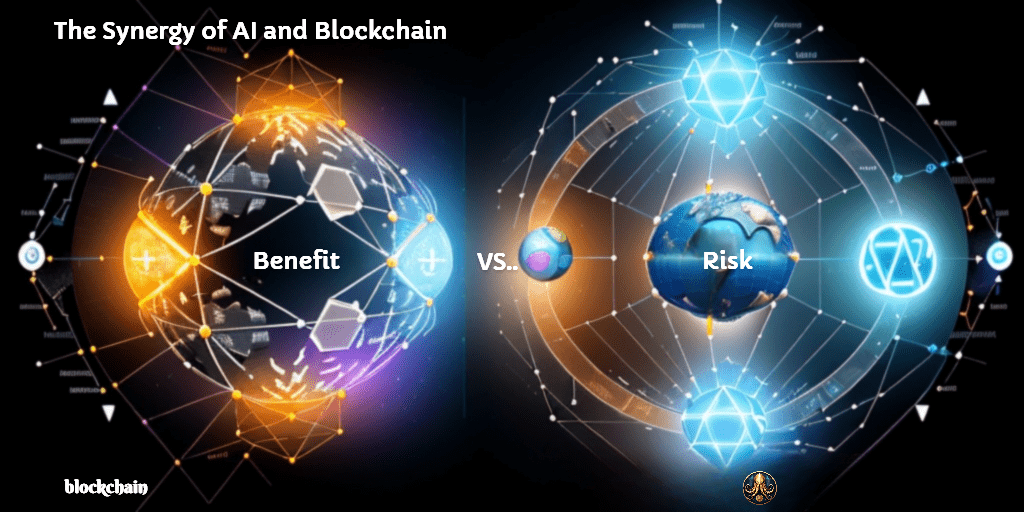
The Synergy of AI and Blockchain: Unleashing New Possibilities
Individually, AI and blockchain have already created significant disruptions in their respective domains. However, when combined, they unlock new possibilities and synergies that can further transform industries. As a side note,lLearn how artificial intelligence will impact Web 3.0
Building Trust in AI through Data Integrity and Transparency
One of the main concerns surrounding AI is the lack of accountability and transparency in decision-making processes. By leveraging blockchain technology, AI algorithms can be audited, ensuring data integrity, explainability, and fairness. This builds trust in AI systems and helps alleviate concerns related to bias or unethical practices.
Preserving Privacy in the Era of Machine Learning
Machine learning algorithms rely on massive amounts of data for training and optimization. However, privacy concerns arise when sensitive or personal information is involved. By utilizing blockchain as a secure and decentralized data storage solution, individuals can retain ownership and control over their data, while still benefiting from AI-driven insights.
Exploring the Potential of Decentralized Autonomous Organizations (DAOs)
Decentralized Autonomous Organizations (DAOs) leverage blockchain’s decentralized governance model to create self-executing business operations. AI plays a crucial role in optimizing decision-making within DAOs, enabling autonomous and efficient operations without the need for centralized control. This opens up new possibilities for collaboration and innovation across industries.
Understanding the Risks and Challenges
While the transformative power of AI and blockchain is evident, it is important to recognize and address the associated risks and challenges.
Ethical Considerations in the Age of AI and Blockchain
As AI and blockchain become more integrated into our daily lives, ethical considerations become crucial. Issues such as AI bias, privacy infringements, and the potential misuse of decentralized systems need to be carefully evaluated and addressed. Only by establishing ethical frameworks and standards can we ensure that AI and blockchain are used responsibly for the benefit of society.
Addressing Security Vulnerabilities and Scams in the Digital Landscape
While blockchain technology is considered secure, it is not immune to vulnerabilities and scams. As industries adopt blockchain, it is essential to implement robust security measures and educate stakeholders about potential risks. By staying vigilant and proactive, businesses can mitigate the risks associated with blockchain technology.
Navigating Regulatory and Legal Challenges in AI and Blockchain
AI and blockchain present unique regulatory and legal challenges that need to be navigated effectively. As these technologies evolve rapidly, governments and regulatory bodies must keep pace with the changing landscape. Clear regulations and policies need to be established to ensure compliance, protect consumer rights, and foster innovation in AI and blockchain.
In conclusion, the transformative power of AI in industries is undeniable. From streamlining operations to delivering personalized experiences, AI has revolutionized business processes. Simultaneously, blockchain technology offers data security, transparency, and trust. When combined, the synergy between AI and blockchain unveils new possibilities that can reshape industries. However, it is crucial to acknowledge and address the ethical, security, and regulatory challenges associated with these technologies. By doing so, we can harness the benefits of AI and blockchain while minimizing risks and ensuring a better future for our industries.








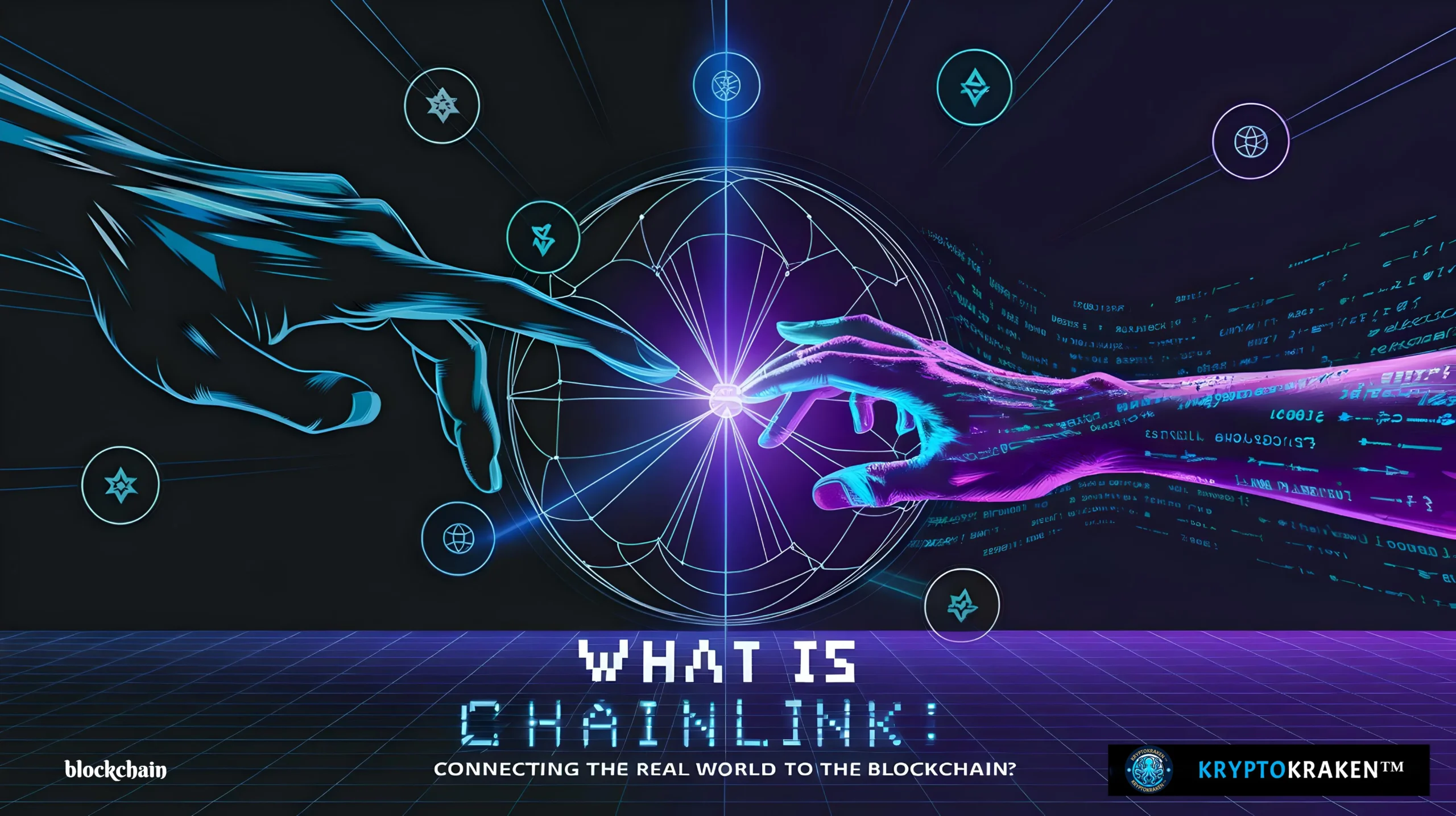

















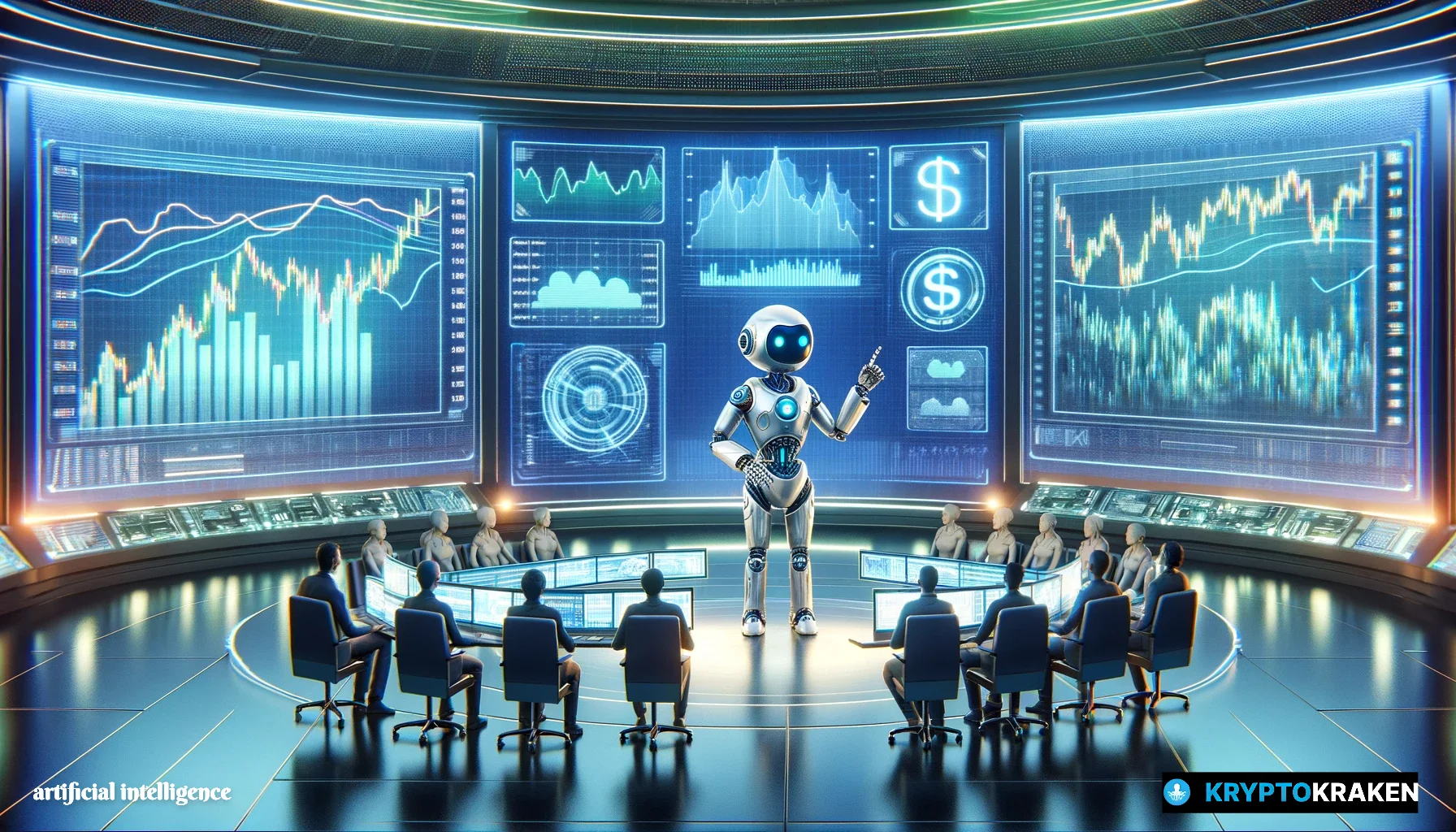



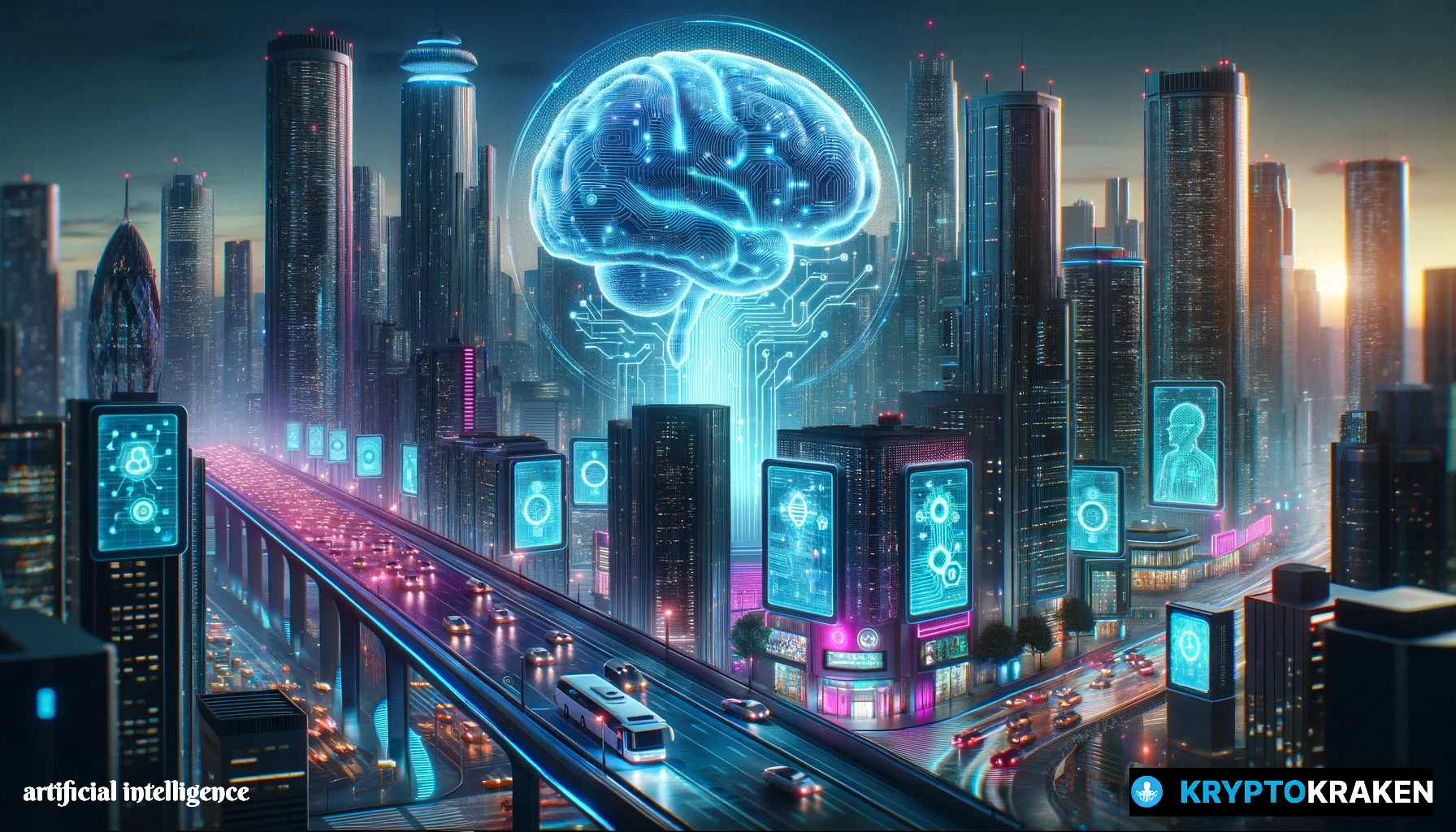
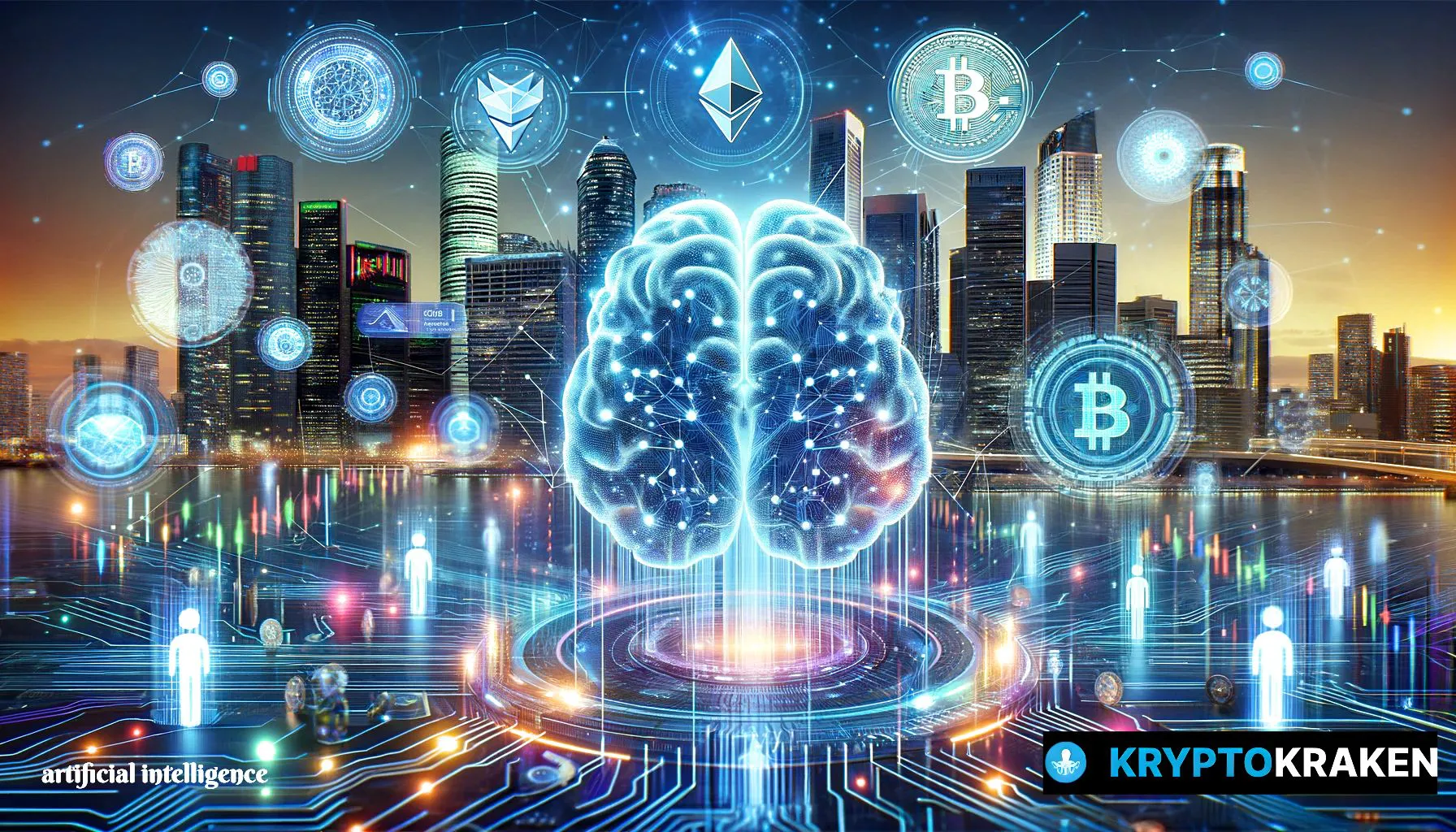
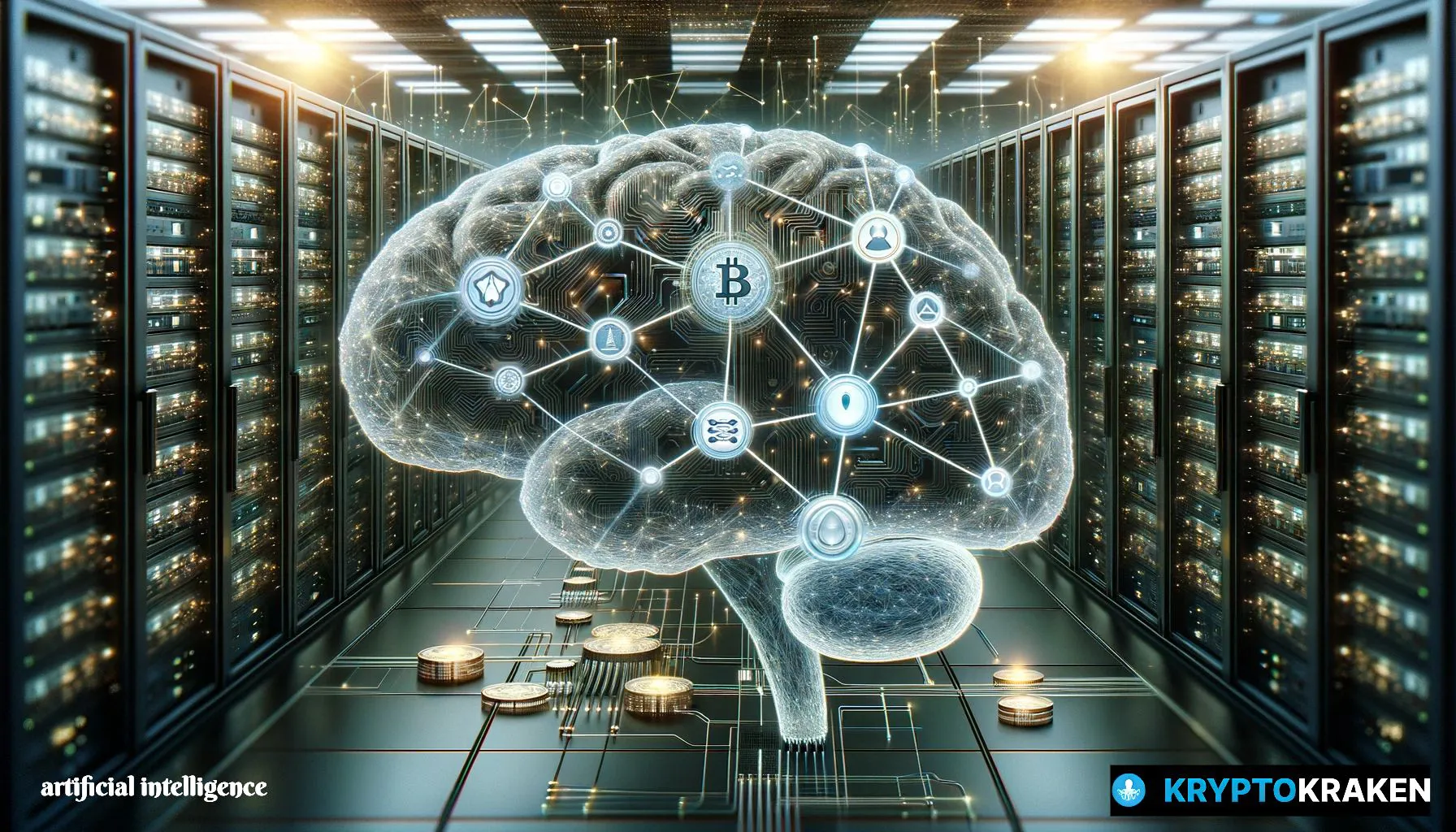


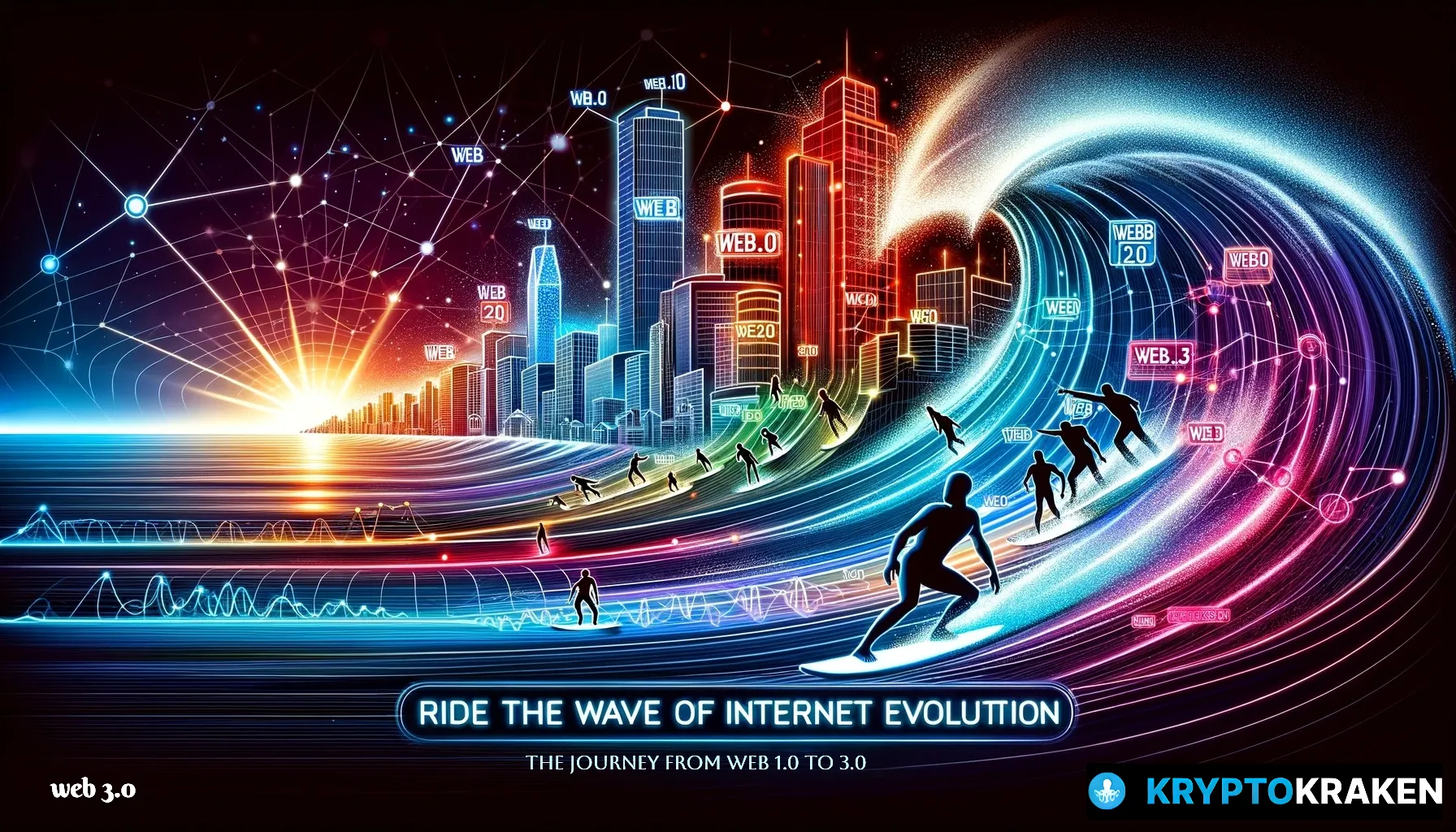

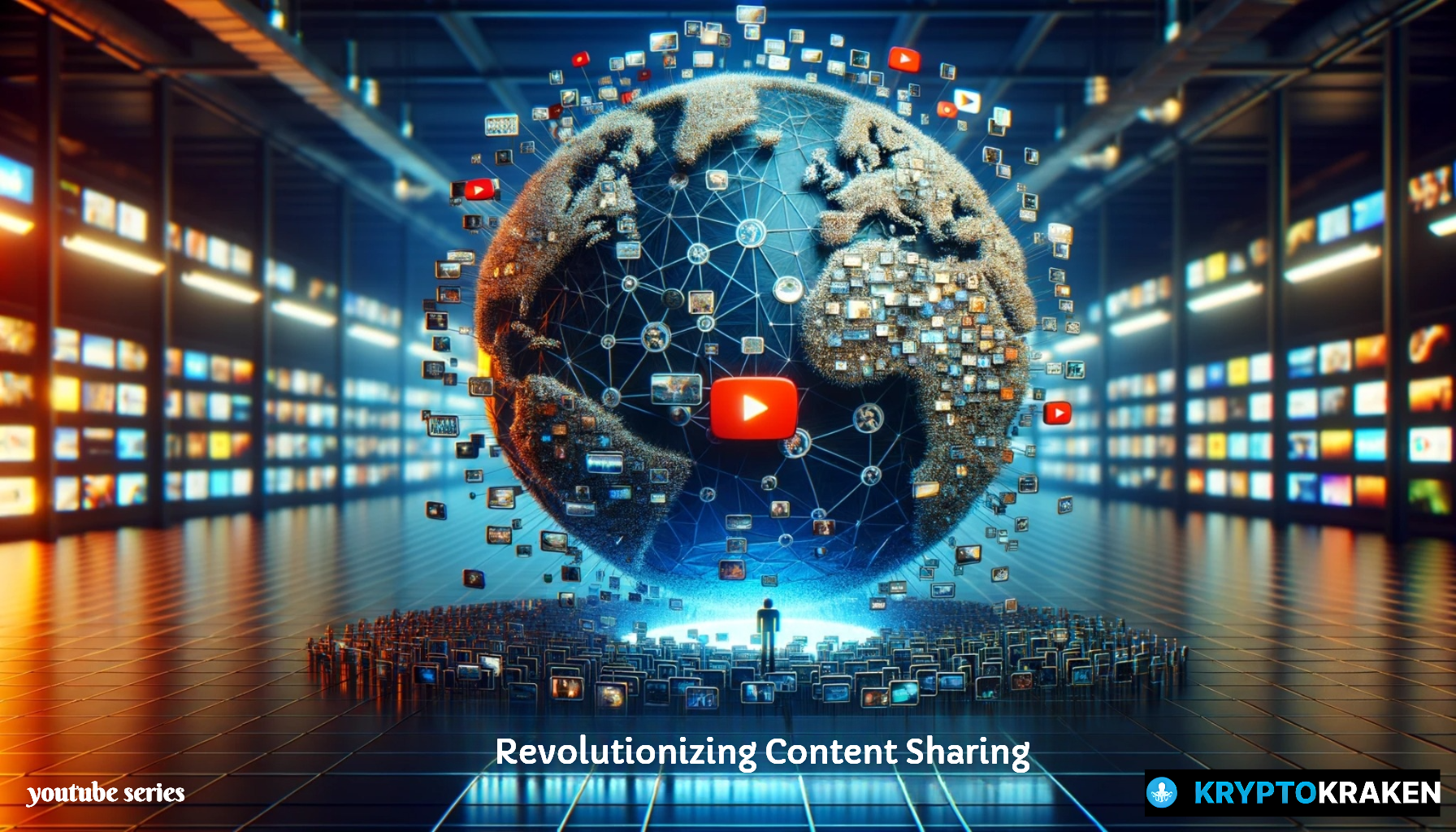






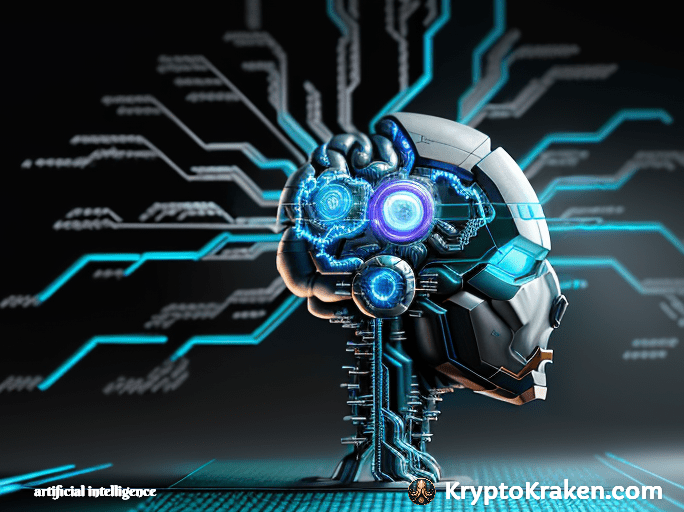
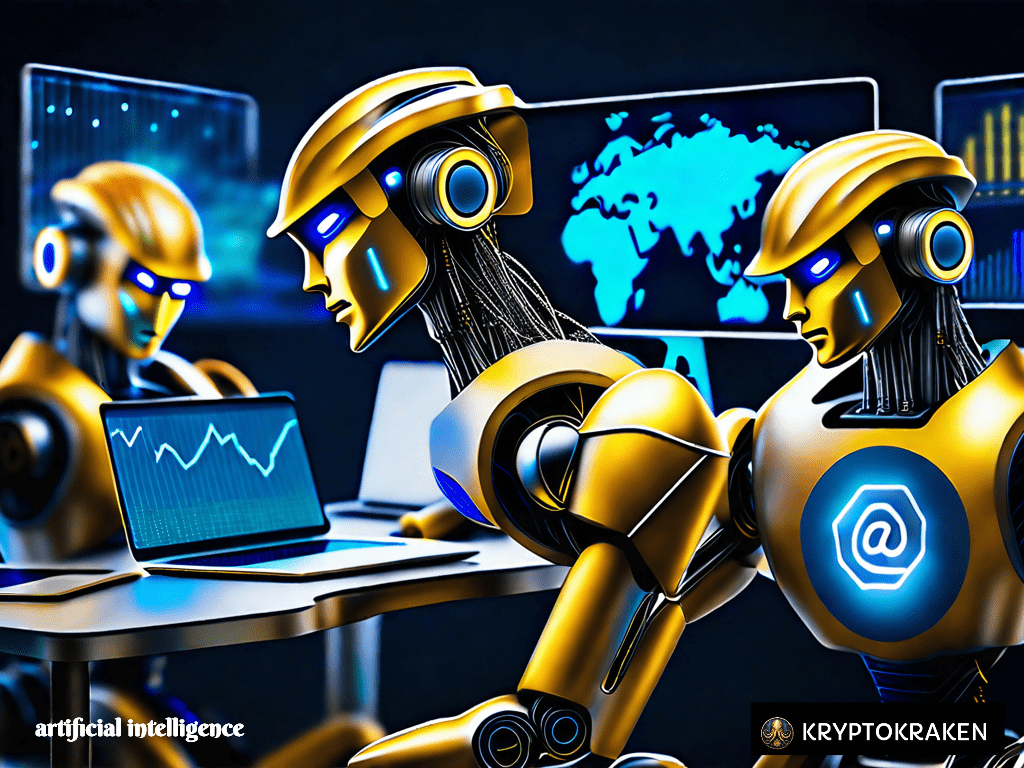
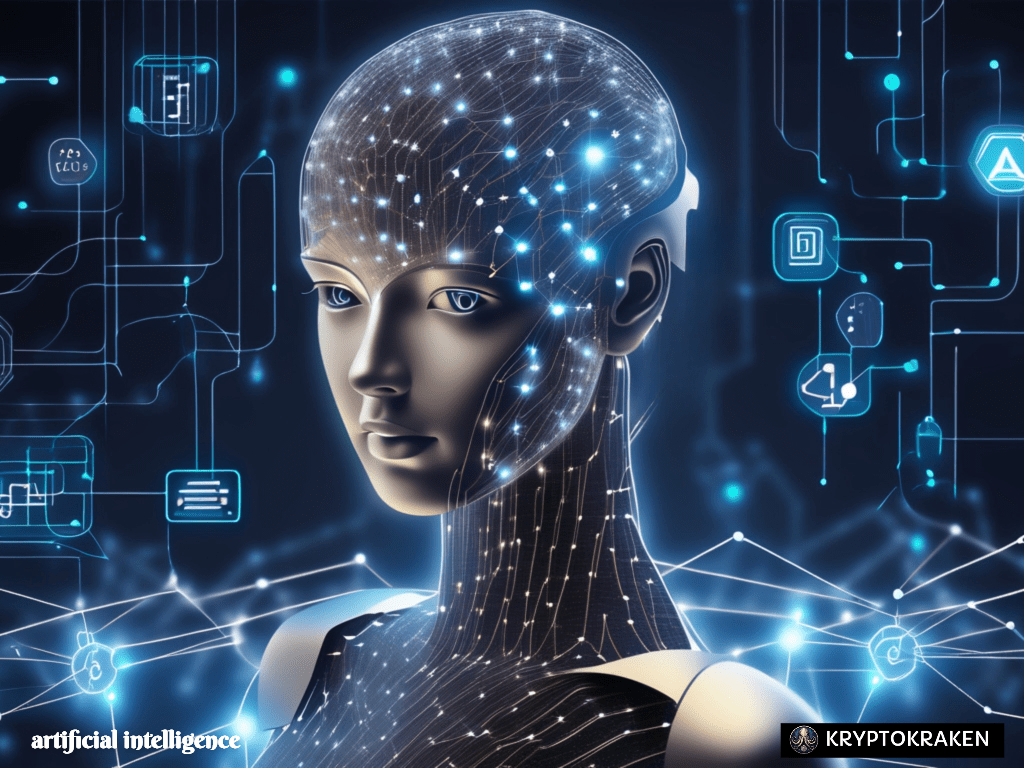





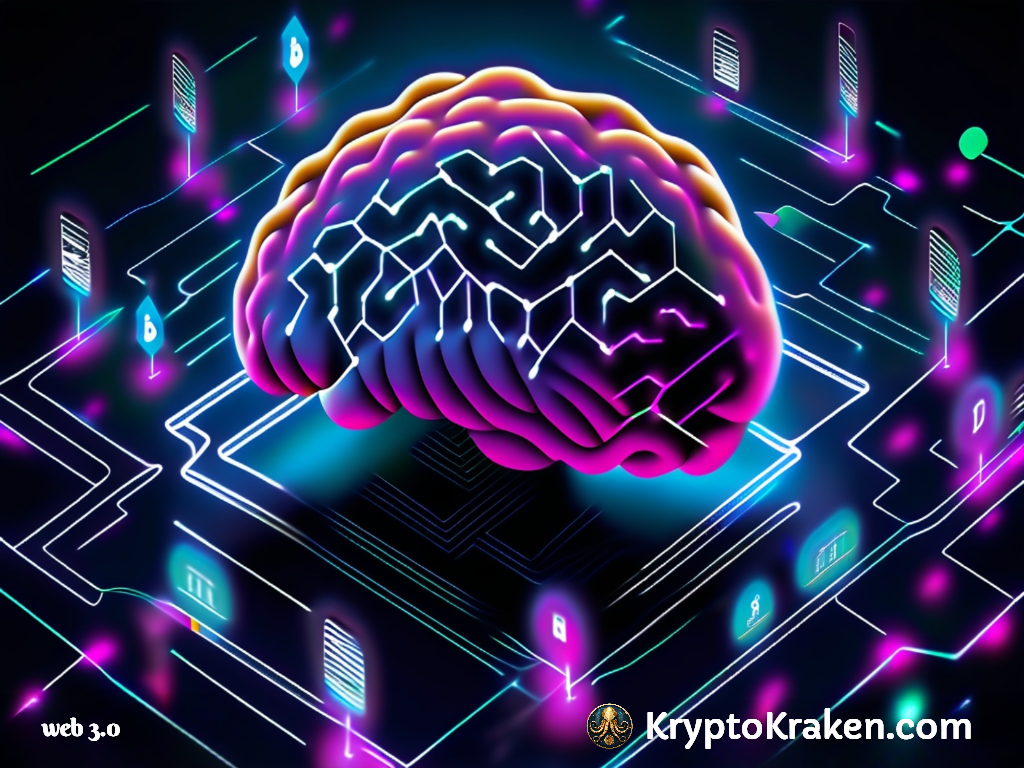
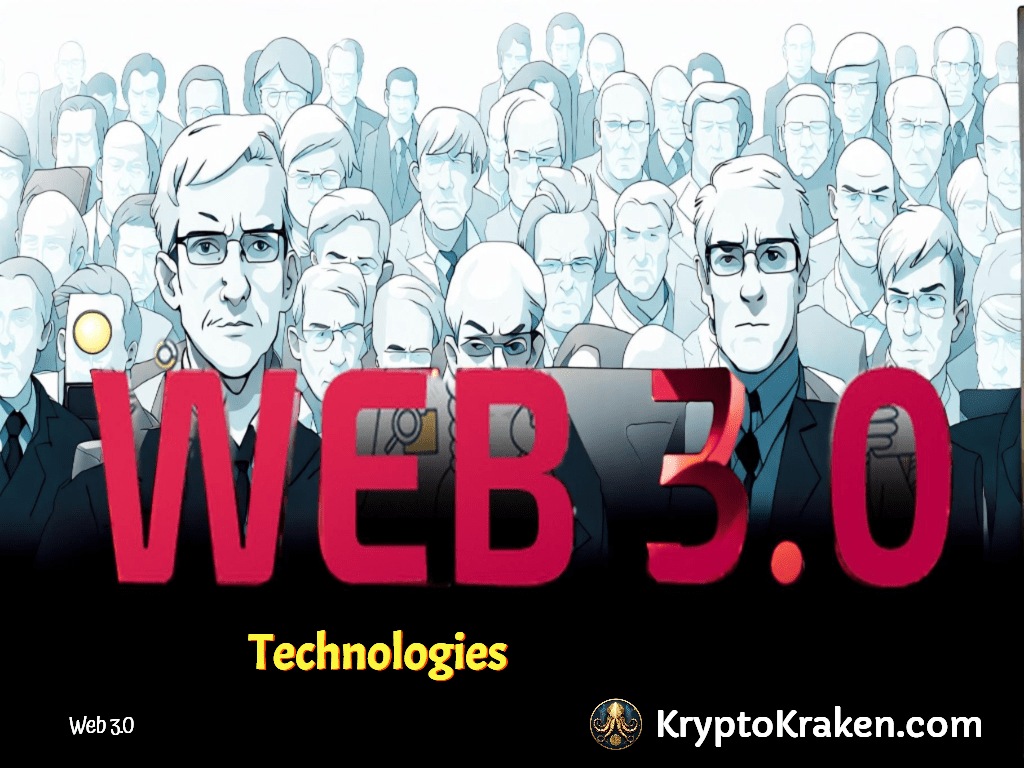


















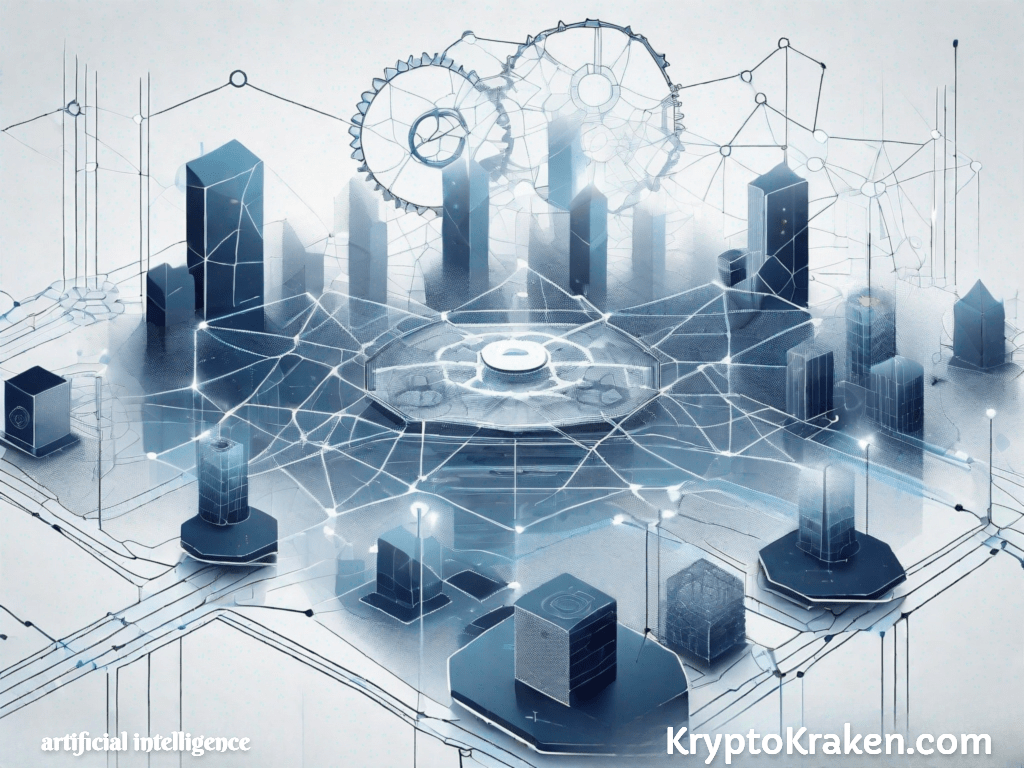

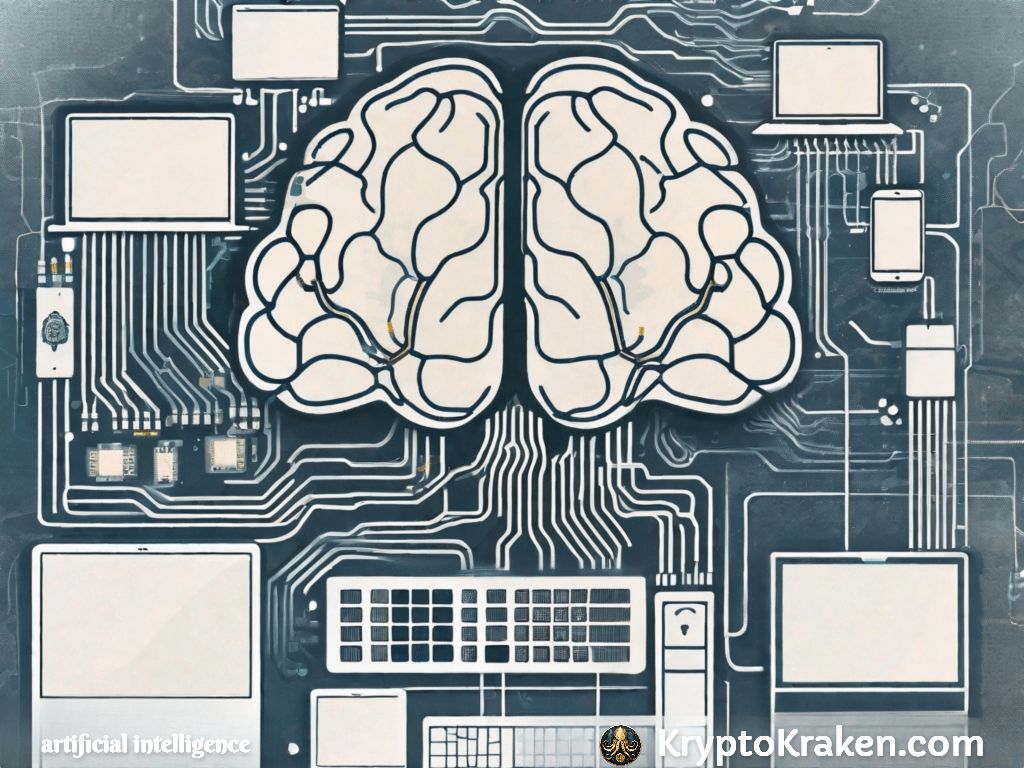














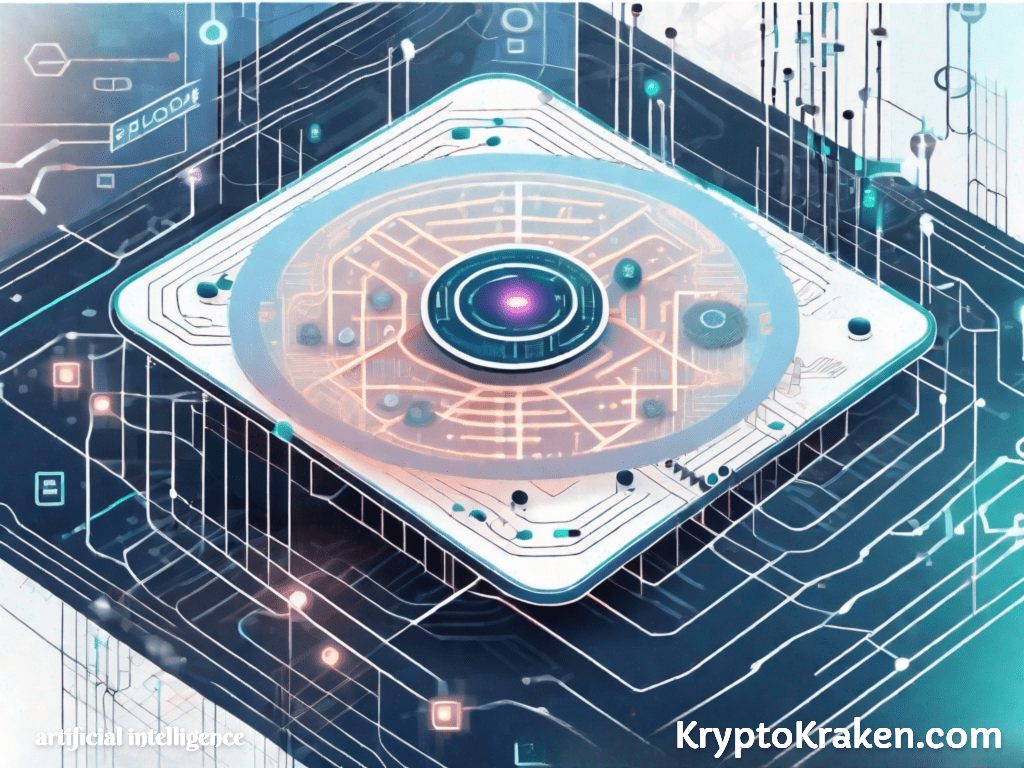
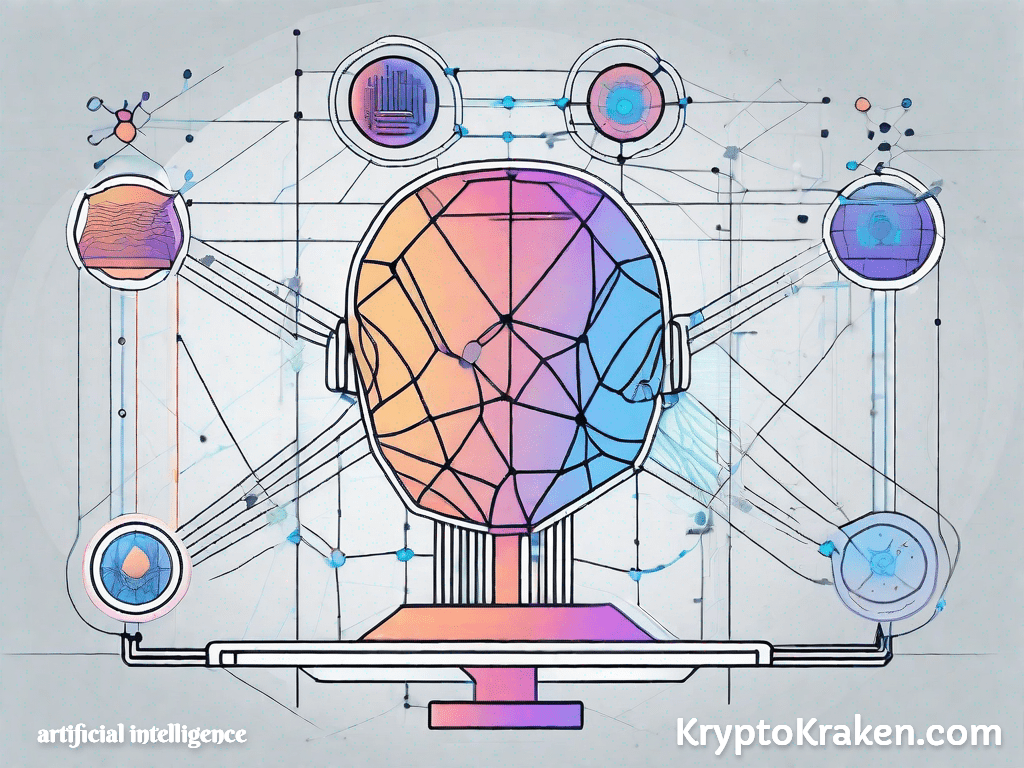




















6 comments on “The Transformative Power of AI in Industries: Benefits and Risks”